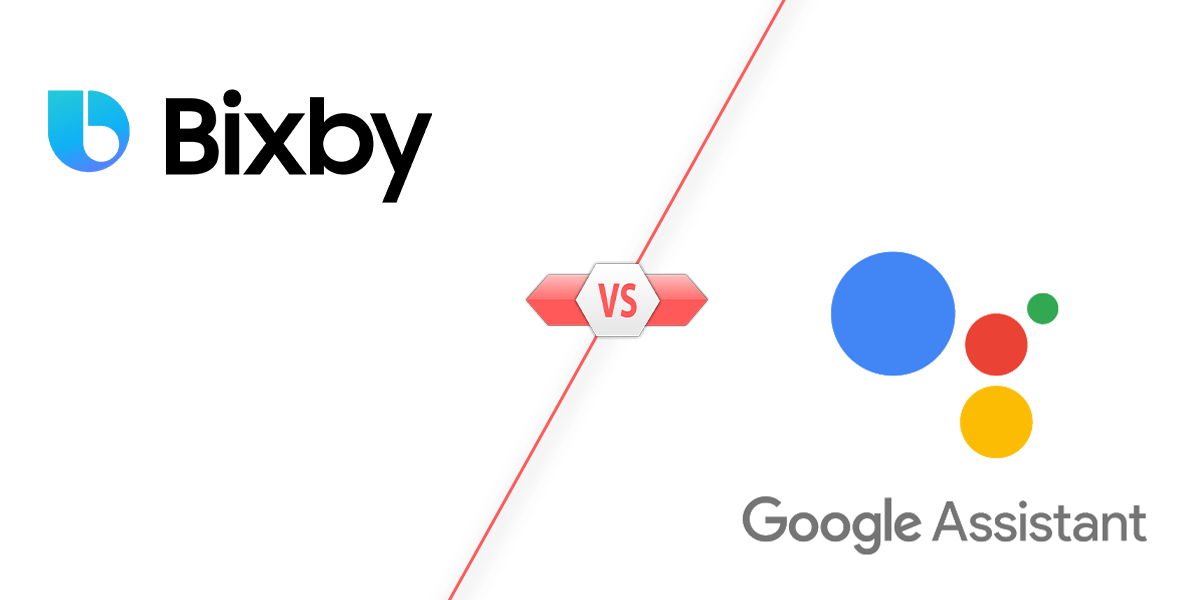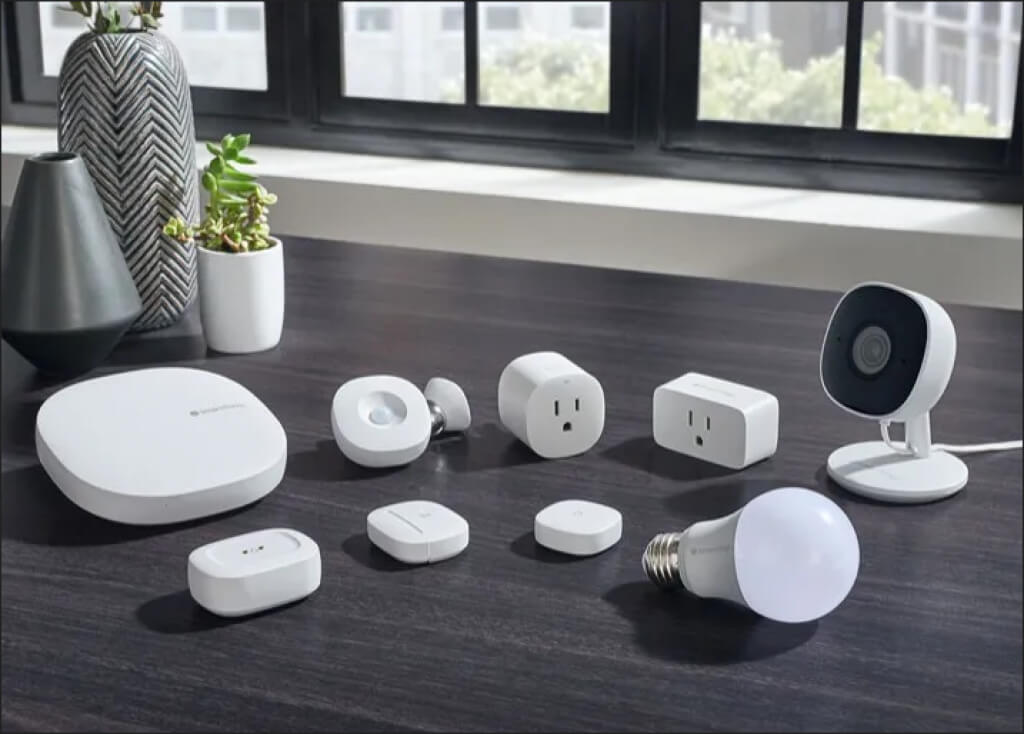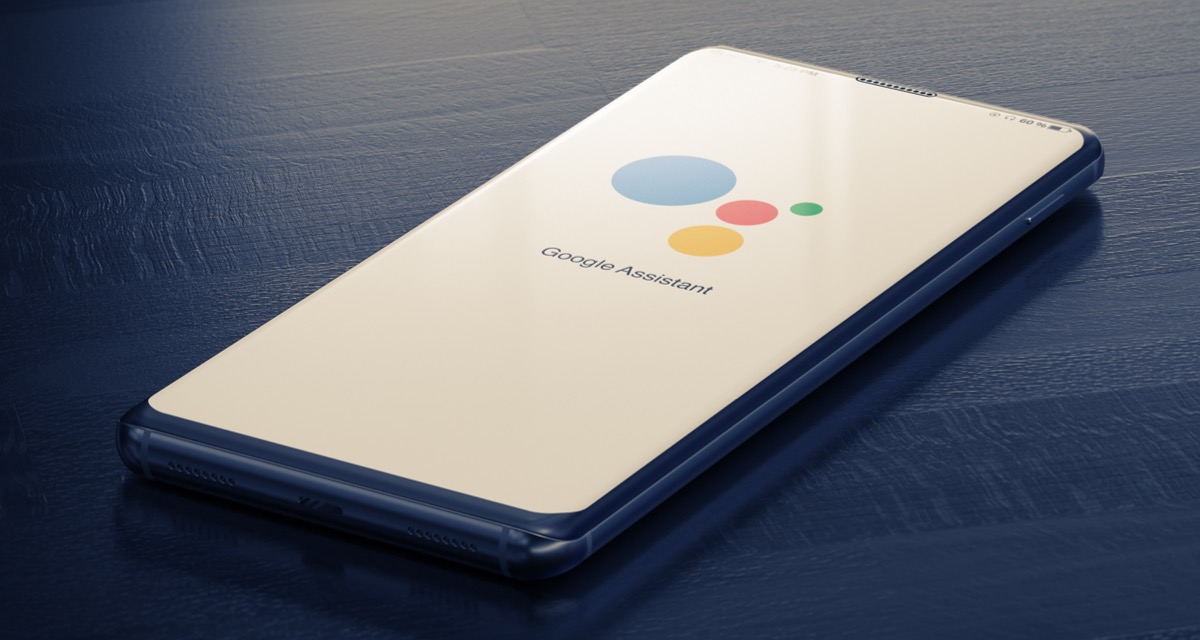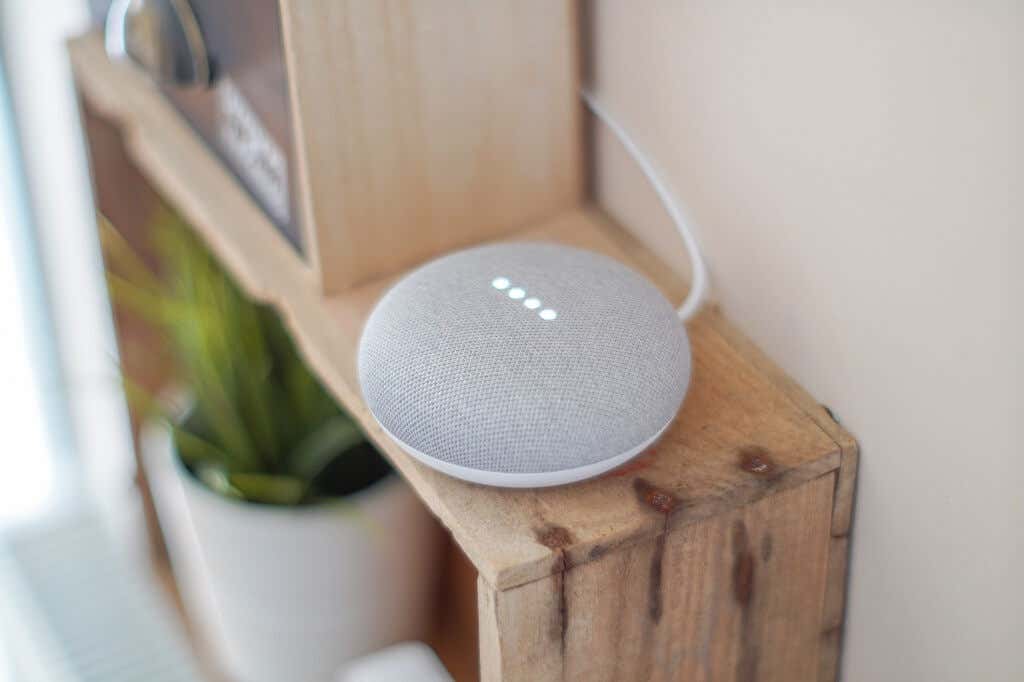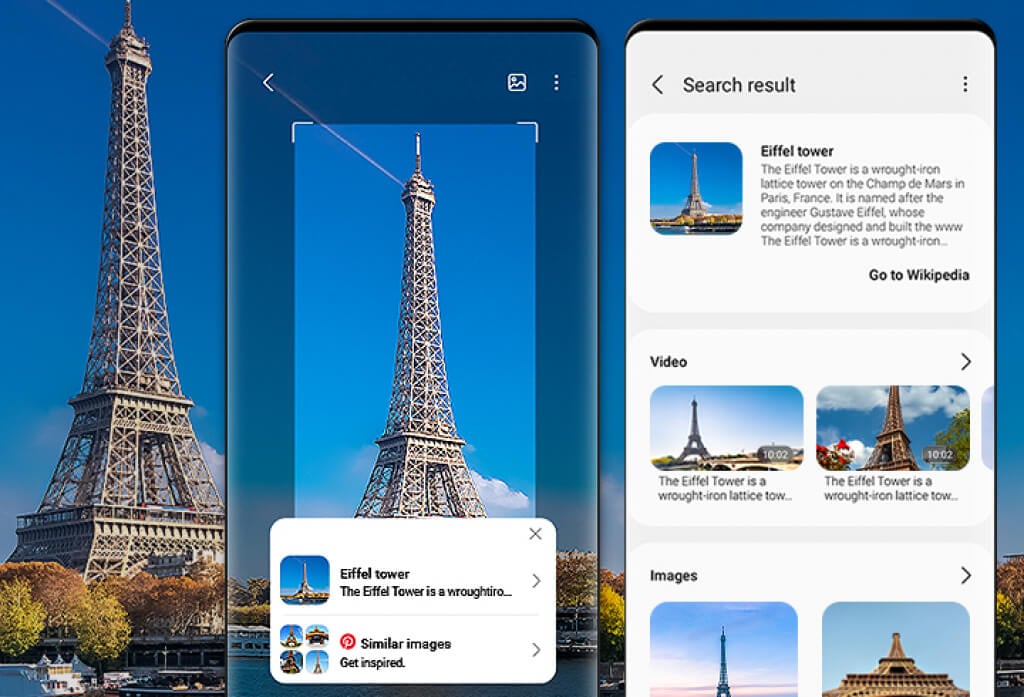We give you an overall comparison chart
Google Assistant is probably the most well-known AI-powered voice assistant for Android. But with Samsung adding new abilities to Bixby all the time, it begs the question: Bixby vs. Google Assistant—which one’s better?
In this article, we’ll explain the primary differences between Bixby and Google Assistant and see how they measure up.
What’s the Difference?
Below, we’ll take a look at how Bixby and Google Assistant compare when it comes to features, device integration, performance, and supported languages.
Activation
Both digital assistants are similar in how they’re activated.
You can wake up Bixby Voice by:
- Pressing and holding the Bixby button (on Samsung phones).
- Saying, “Hey, Bixby.”
Google Assistant is activated by:
- Saying “Hey, Google” or “OK, Google.”
- Pressing and holding the Home button.
- Swiping up from the bottom corner of your screen (on an iPhone or Android phone).
Accessibility and Cross-Platform Availability
Samsung’s Bixby voice assistant is tightly integrated with the Samsung SmartThings platform, but that’s as far as it goes—you can’t use it on non-Samsung devices. The SmartThings app lets you control various devices, integrating through the Samsung Galaxy Home speaker.
If you use only Samsung devices, this isn’t a problem. But if you have a more varied digital ecosystem, or multiple users with different non-Samsung Android devices, using Bixby can introduce limitations.
Google Assistant, on the other hand, is available in far more places and comes installed on all Android devices with Version 6.0 or higher. It integrates with devices via Google Home, including some from other brands, like Apple (with limited functionality).
Google Assistant is also compatible with many top media services and embedded in the hands-free Android Auto for driving.
Features and Abilities
Google Home and Bixby are comparable in most ways, but Google Assistant generally has greater accuracy, more functions, and faster results.
Google Assistant and Bixby can do similar tasks, including controlling smart home devices, operating the phone, reading and sending text messages, and providing information based on online searches. However, Google Assistant can do more than Bixby, primarily due to the increased number of devices with which it can integrate.
Google Assistant is generally considered one of the best (if not the best) voice assistants in recognizing voice commands and performing actions. While Bixby is no slouch, it doesn’t yet have the same level of accuracy and speed that Google Assistant provides.
This is mainly obvious with online search functions.
Google Assistant excels in online searches and integrates with more third-party apps (like WhatsApp), enabling users to do more things hands-free.
In comparison, Bixby’s primary strength is in offline tasks like optimizing Samsung device settings in different environments (for example, saying “I’m driving” will turn off Wi-Fi, turn on Bluetooth, and start a playlist).
Bixby also has several unique capabilities, most of which are only available on later Android models like the Galaxy S9 and S10. For example, Bixby Vision is a Bixby-powered app that enables users to identify items from photos, translate languages, scan QR codes, and provide assistance to the visually impaired.
Supported Languages
Both Bixby and Google Assistant work with most major languages worldwide.
- Google Assistant supports English, French, German, Spanish, Italian, Japanese, Hindi, Chinese (Traditional), Korean, Portuguese (Brazilian), Dutch, Norwegian, Swedish, and Danish. In addition, Google Assistant supports six English dialects, two French dialects, and two Spanish dialects.
- Bixby supports English, Korean, French, German, Italian, Spanish, Portuguese (Brazilian), and Chinese (Mandarin).
Overall Comparison
| Google Assistant | Bixby |
| Targeted around Google’s well-established smart home products. | Centered around Samsung’s Android phones. |
| Supported by many non-Google apps and gadgets. | Focused on Samsung devices, with third-party app compatibility on the way. |
| Has a broader range of abilities and functions better with Internet-based queries. | Has many functions specific to Samsung devices and apps but is slightly behind in general use. |
| Compatible with many older devices. | Many features are limited to the latest Samsung models. |
The Final Verdict
Google Assistant is the superior smart assistant. It outstrips most other digital assistants like Amazon’s Alexa and Apple’s Siri. It has enhanced functionality, more compatibility with third-party apps and gadgets, and a more established ecosystem.
But that doesn’t mean Bixby isn’t worth using. If you own a stack of Samsung devices, you might find that Bixby is the voice assistant you’re looking for. Even better, Bixby is rapidly expanding, introducing new and unique features to compete with Google Assistant—so if you’re starting with Samsung’s ecosystem, it might be worth sticking around.

